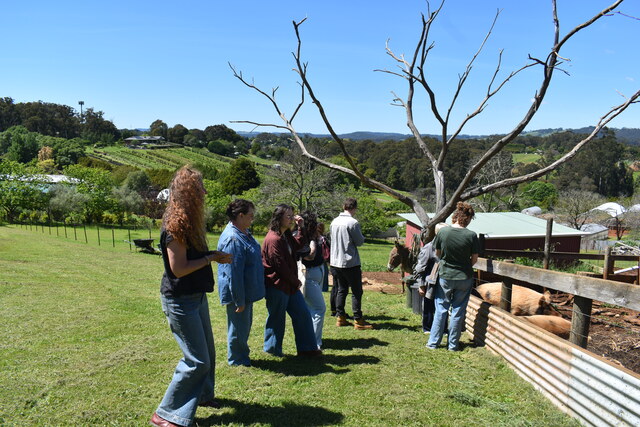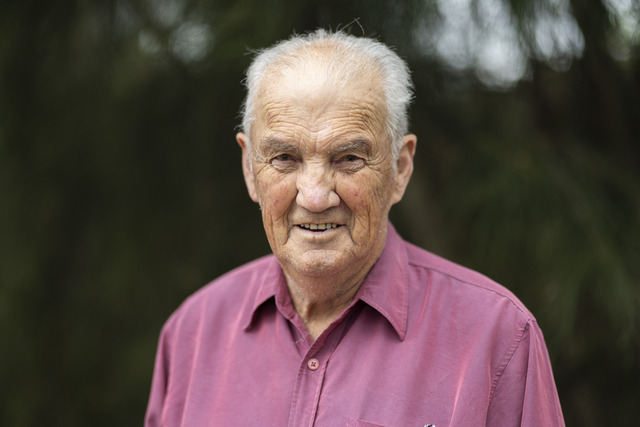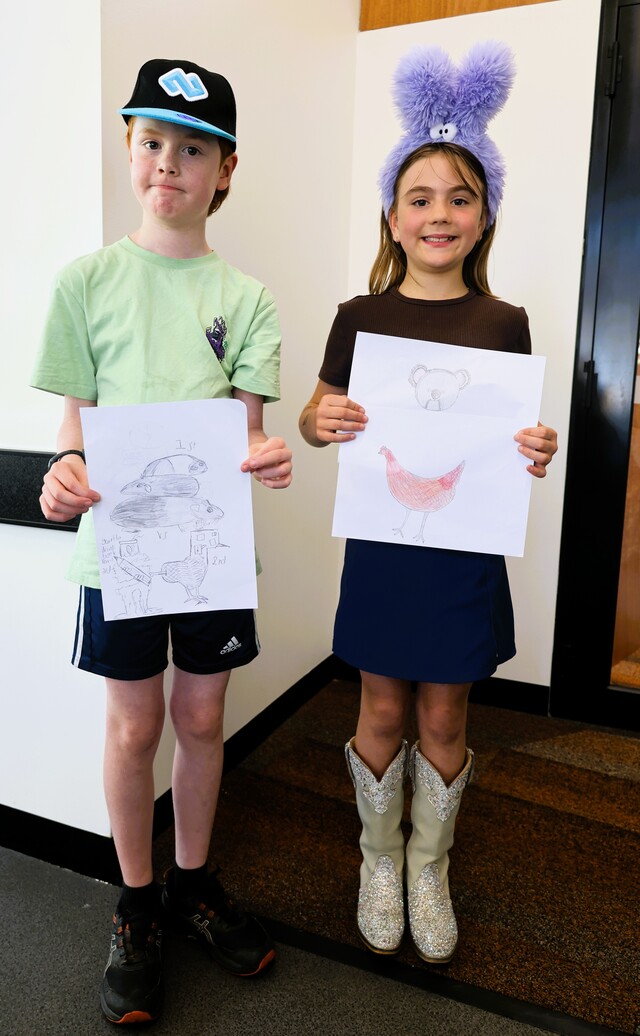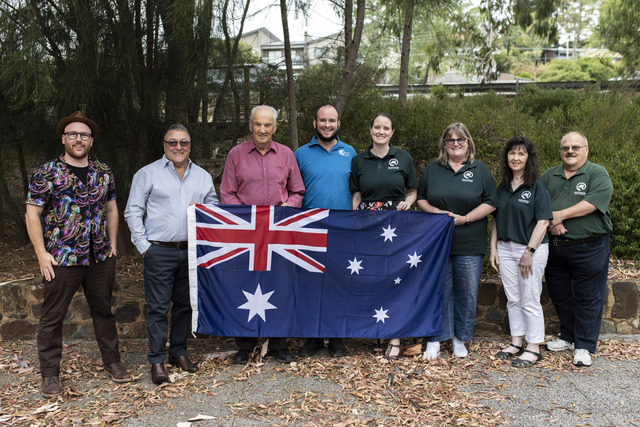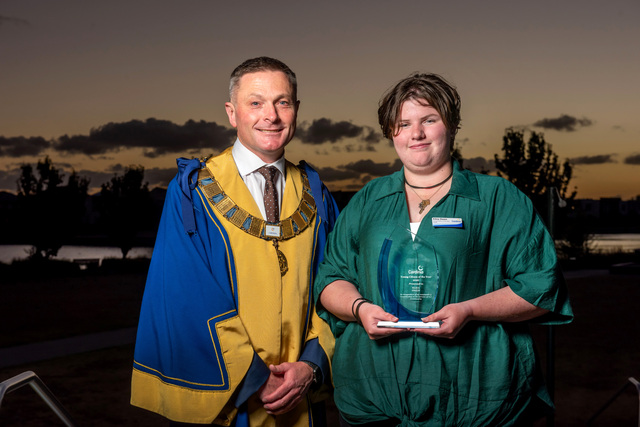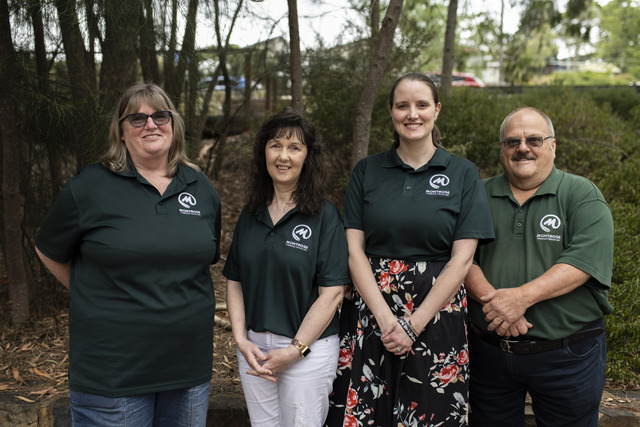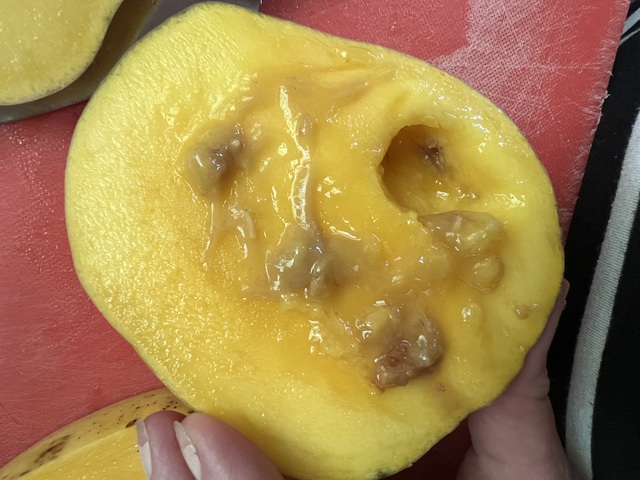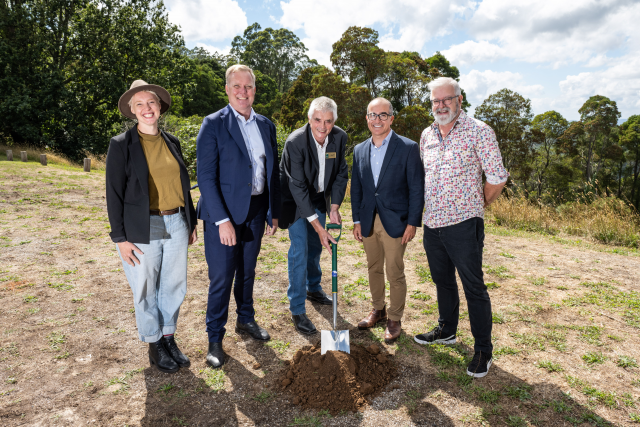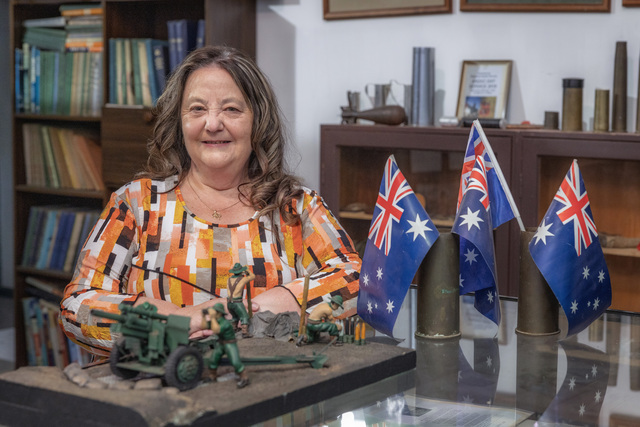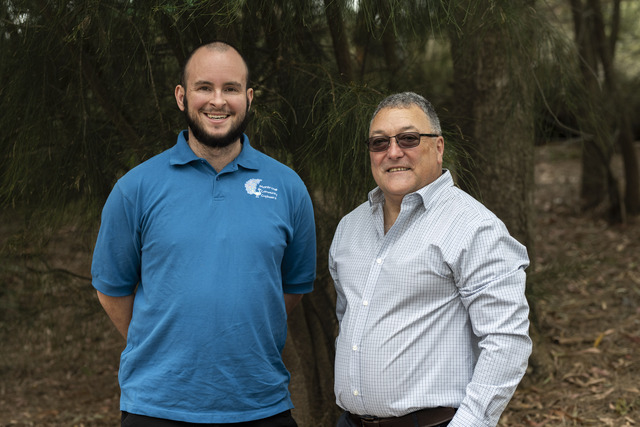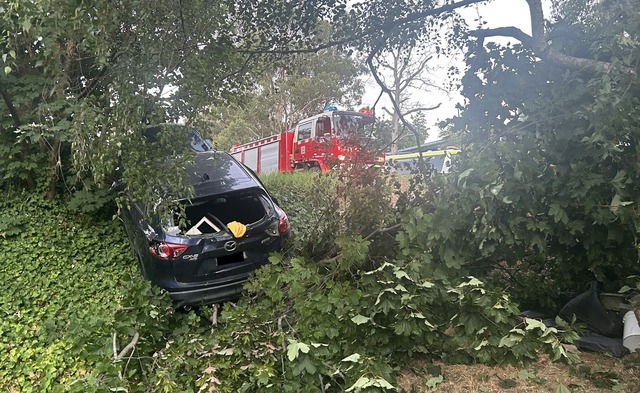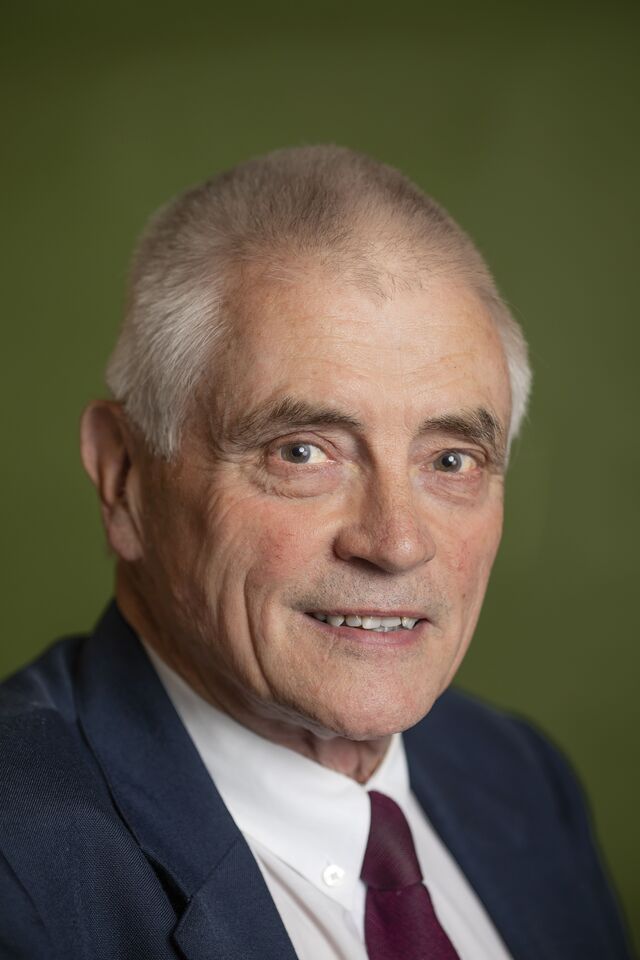An Olinda-based non-profit organisation, Trek, held its annual Professional Open Day on Thursday, 6 November.
The NDIS-registered organisation’s mission is to transform lives through its three tenets of Empowerment Growth Change. Trek offers individual and small group therapies for vulnerable young people and innovative camps, programs and retreats for teens, families and adults.
The day consisted of tours and presentations that underlined Trek’s unique therapeutic farm programs and transformative camps.
Chief executive officer and founder of Trek, Meg Yates said she started the organisation in 2017 after realising the need for a different approach to education and therapeutic engagement for vulnerable youth.
“I’d worked as a therapist and a secondary teacher with incarcerated young people and young mums, and although we had some successes, I found that less than two per cent of those who’d experienced significant childhood harm were finishing education programs,” Ms Yates said.
“I realised there needed to be a place that addressed the foundation work of impacts of trauma or ill-mental health on the brain and body before expecting kids to access higher regions for learning. They’re often cued to be in threat detection mode, so safety and connection have to come first.”
There were two sessions held on the day, with one group starting at 10.30am and the other at 1.30pm.
Professionals from local schools and organisations who attended, toured the farm and heard about Trek’s distinctive rites of passage and off-grid camp experiences that build connection, regulation, and resilience in young people.
“We started with a $10,000 grant, no money, and everything since then has been reinvested back into our young people. We’re a registered charity, we have a board, and our focus has always been on reducing barriers, financial and otherwise, so that every child can access support,” she said.
The organisation’s programs are mostly nature-based and designed to provide consistency and safety.
“Often our young people are spending 16 hours a day on their phones, so being here, being outside all day, feeling tired at the end of the day, it offers something completely different,” Ms Yates said.
“We’re really attuned to the young people we work with. It’s about helping them understand what safety and wellbeing feels like, what their body is doing, and celebrating every little success, whether it’s making a coffee or managing a moment of frustration. We hold up those micro-successes as mirrors to show them how far they’ve come.”
The organisation runs individual and small-group therapy sessions through its Trek Therapies programs, and a series of camps and retreats under ‘Trek Experiences’, amidst these are the Rites of Passage retreats and the Reset Camp, which Ms Yates said were “transformative” for both participants and families.
“The Rites of Passage work supports families to help their teen step from childhood into young adulthood, it’s a celebration of change,” she said.
“It’s about renegotiating relationships and honouring that moment of growth for both the young person and their parents. It’s joyful, emotional, and really powerful.”
“The Reset Camp takes 16 young people for 16 days completely off grid. They build everything: shelter, water, warmth, even toilets from the ground up. It’s a microcosm of the world, teaching them about leadership, teamwork and appreciation. They come back changed, and their biggest fear is often, ‘How will the new me be received back home?’”
An attendee who chose to remain anonymous from a local school said the programs had provided crucial support for students who struggled to engage in traditional classroom settings.
“We work with Trek’s therapy programs and send some young people to attend here, and they’re able to work on therapeutic needs that they can’t address in school,” the educator said.
“These are personal and social capabilities, how to share, how to speak up appropriately, how to say no in a way that’s okay. When those skills aren’t developed, young people really struggle to be in a school environment.”
“It is so important to have places like this. There are not enough that exist. Schools need to take responsibility for what’s happening with young people who are struggling and being expelled instead of being brought in. When you’re expelling grade three kids, how do you reconcile that?”
Another professional said Trek’s environment offered what schools often could not.
“They come here and they’re not isolated, whereas schools tend to isolate,” the attendee said.
“This environment enables them to talk one to one with another, which is very hard to manage in schools. When schools suspend or expel kids, it’s counterproductive. It’s just passing on what’s looked at as being a problem child.”
Reflecting on Trek’s work, Ms Yates said the greatest impact came from the trust young people placed in the team.
“Every child and young person that comes through the gate and trusts us, in and of itself, is enormous,” she said.
“Some young people we work with suffer with significant mental ill health, can be known by police and child protection services, or experience impacts from disability, yet they turn up here week after week. They only miss when they’re sick. They come and rest, they’re cared for. That faith and trust in a vision of who they are and who they’ll become, that’s what we hold until they can hold it themselves.”
Ms Yates said the Open Day was an opportunity to strengthen relationships with other professionals and community members.
“I hope they take away that we’re great partners, that we’re committed professionals who love what we do, and that what we offer is unique and effective,” she said.
“Being able to see it in person matters. It’s about connection, and that can’t be replaced.”

